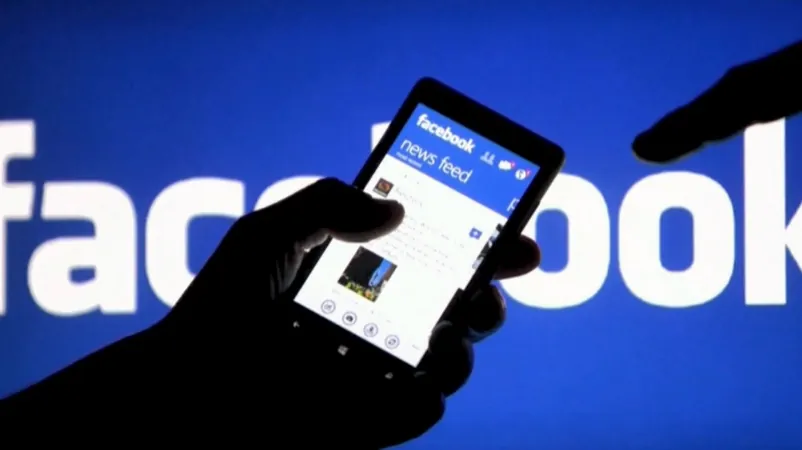
Meta's Shocking Move: The End of Fact-Checking on Facebook and Instagram Could Lead to Chaos!
2025-01-08
Author: Sophie
Meta Platforms, Inc. is making waves with its recent decision to end fact-checking on its most popular platforms, Facebook and Instagram. This change, announced by CEO Mark Zuckerberg, is already igniting significant debate among experts and users alike.
On Tuesday, Zuckerberg revealed that Meta plans to revamp its content moderation policies, a move that includes the elimination of fact-checking services. This shift is leaving many concerned about the future of information integrity on social media.
Sonja Solomun, the deputy director for the Centre for Media, Technology and Democracy, expressed her dismay, stating, "This is a disastrous decision that will have global-ranging implications on democracy.” She emphasized that critical areas like climate misinformation and health communications will face increased risks as a result of this change.
Fact-checking was previously implemented by Meta to mitigate the spread of false information online. However, Zuckerberg has opted for a new approach that encourages user-generated “community notes” instead. Experts fear this could lead to an unregulated information free-for-all.
Digital anthropologist Giles Crouch warns that abandoning institutional oversight could spell disaster. “When you leave it up to people and you don’t manage and govern how that runs, it’s going to turn into chaos. It always has. There are no examples of it actually working fully,” he said.
Crouch further notes the potential dangers as Canada approaches its upcoming election cycle, predicting, “It’s just going to be a nightmare. And there’s no control in this situation.”
Moreover, Solomun added that putting the responsibility on users to self-regulate misinformation is problematic. “This is a structural issue. It requires a systemic response.”
Users in Canada are already voicing their concerns. A woman from Halifax expressed her worry that people will struggle to identify misinformation, stating, “I’m concerned that they won’t recognize what’s false and just believe what they see.
As Meta's change begins in the United States, the world watches closely to see how this controversial approach will play out in the digital space. Will users be able to navigate the minefield of misinformation effectively, or is this the beginning of an era where factual accuracy is overshadowed by user opinion? The stakes have never been higher, and one thing is clear—this decision could impact millions globally!



 Brasil (PT)
Brasil (PT)
 Canada (EN)
Canada (EN)
 Chile (ES)
Chile (ES)
 Česko (CS)
Česko (CS)
 대한민국 (KO)
대한민국 (KO)
 España (ES)
España (ES)
 France (FR)
France (FR)
 Hong Kong (EN)
Hong Kong (EN)
 Italia (IT)
Italia (IT)
 日本 (JA)
日本 (JA)
 Magyarország (HU)
Magyarország (HU)
 Norge (NO)
Norge (NO)
 Polska (PL)
Polska (PL)
 Schweiz (DE)
Schweiz (DE)
 Singapore (EN)
Singapore (EN)
 Sverige (SV)
Sverige (SV)
 Suomi (FI)
Suomi (FI)
 Türkiye (TR)
Türkiye (TR)
 الإمارات العربية المتحدة (AR)
الإمارات العربية المتحدة (AR)